Camden Council have announced a ban on barbecues in a North London park following years of community demands.
Waterlow Park in Highgate, made up of 26 acres, includes six tennis courts, a children’s play area, a nature conservation area as well as the historical Lauderdale House and gardens.
It is also located next to Highgate Cemetery.
The park was given in trust by Sir Sydney Waterlow in 1889 as a ‘garden for the gardenless’, for the people of London.
Over recent months, local residents have been campaigning against the use of charcoal barbecues in the park, claiming them to be environmentally damaging and disruptive to those seeking respite in the park and visiting loved ones in the cemetery.
According to many local residents, the barbecues destroyed wildlife habitats, created litter and food waste, as well as health hazards due to people toileting in the area.
They also claim the proximity of the barbecue area to the children’s play area created a prominent health and safety concern.
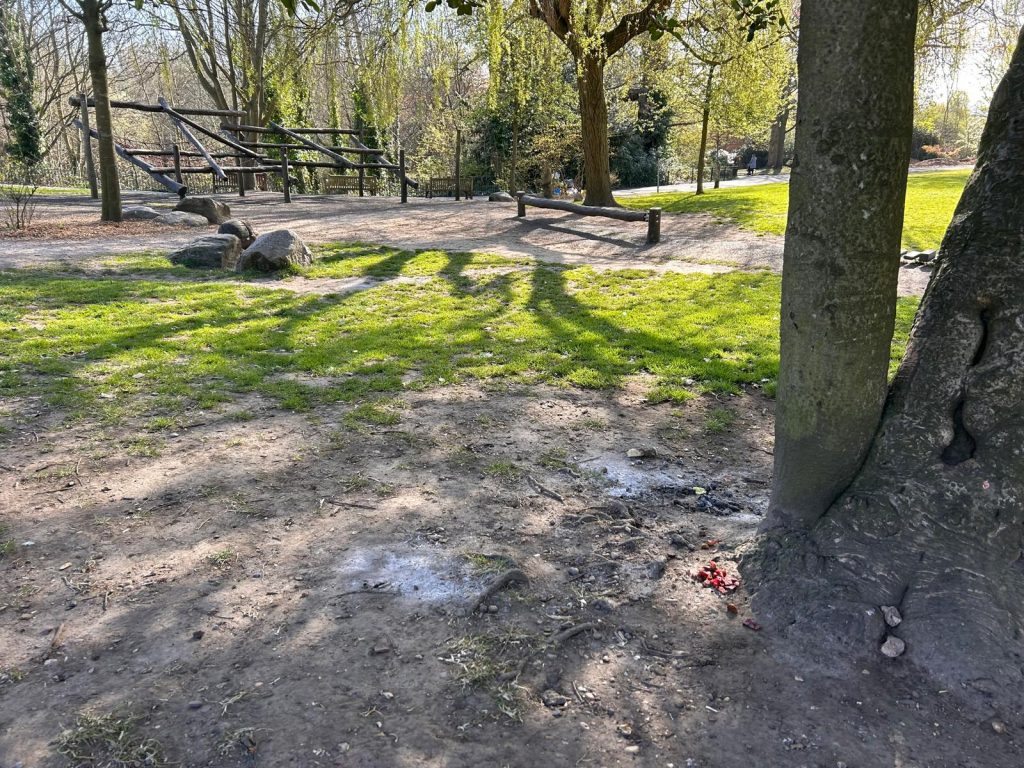
As a result of the ongoing demands, Camden Council imposed a ban on barbecues in Waterlow Park on 11th April 2025, causing a mixed scene of reactions.
Up until the ban, Camden was the only London borough to support the use of charcoal barbecues in their open spaces and, as a result, levels of traffic pollution increased in the local area as people travelled far and wide to hold barbecues with friends and family.
The Highgate Village Green Preservation Society (HVGPS), was set up in 2024 by local Highgate residents Helen Rapley and Lucy Tauber, as a ‘common ground for common good’.
The residential group seeks to bring communities together through activism, and has taken a leading role in supporting the ban of barbecues in Waterlow Park through an online petition which has received almost 1000 signatures in 2 weeks.
Lucy said: “I’m really, really pleased.
“I have a dog and I walk through the park with my son on the way to school.
“It was really disheartening to see the park deteriorate as a result of the barbecues, and the bushes had become a danger zone strewn with toilet roll, so the ban is great as we can start using the park again.
“However, it doesn’t appear to be a permanent ban, it’s going to be reviewed, and the idea for a review really worries me.”
According to residents, Camden Council’s inability to provide sufficient resources to those visiting the park contributed the most to the widespread pollution.
Lucy said: “I think Camden’s policy on barbecues created an invitation to the park that you don’t have elsewhere.
“So it attracted large numbers of people, but nothing was put in place to support those people, for example enough toilets or bins.”
Campaigners claimed that the allowance of barbecues in the park was indicative of Camden Council’s contradictory policy, stating that the use of barbecues directly went against their clean air policy and low traffic neighborhoods.
Lucy said: “If Camden is trying to reduce car pollution and is worrying about the well-being of local people whilst encouraging others to travel across London and then burn charcoal in the centre of the park, it’s a complete contradiction.”
However, those objecting to the ban have suggested that the issues of barbecues come under a much larger matter of inclusivity, rather than concerns for biodiversity.
In response, Helen said: “This is not an issue about inclusivity, everybody is welcome to use the park.
“No one has a problem with people, but those that signed the petition have a problem with the fact that Camden was encouraging localised smoke pollution on a massive scale, and that the barbecues, along with the mess that was left over, was damaging to the park and dangerous to park users.
“The park still is a garden for the gardenless, that has not changed.”
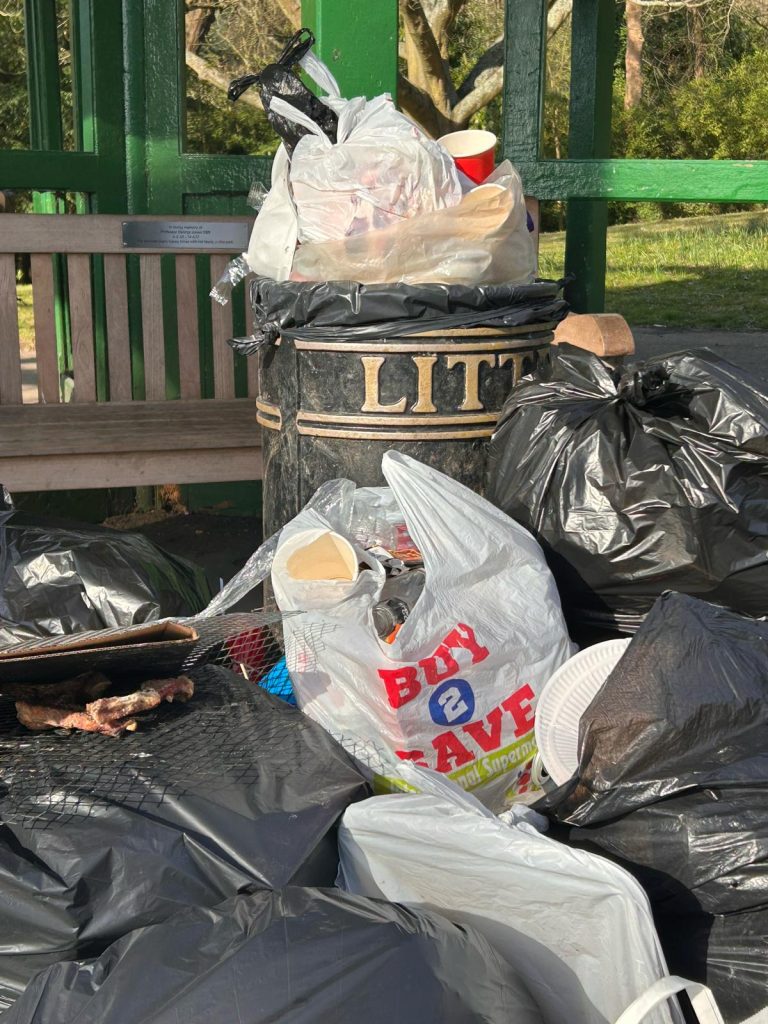
Barbecue ban objector, Louise Lewis, said: “I see enjoyment where they see noise.
“I see inclusion where they see intrusion.
“I see cooperation and tolerance where they see tension.”
Louise added: “The people who barbecue generally follow the rules, particularly when they learn the reasons for them.
“Over the years many groups of people have come to the park, their backgrounds are extraordinarily varied.
“Everyone seems to get along and everyone is very welcoming.”
Louise, like many ban objectors, noted Waterlow Park’s value as a ‘garden for the gardenless’ for the people of London, not just Highgate.
Louise added: “I think banning barbecues is a loss to the park and to the community, it was such a happy, friendly, welcoming atmosphere.
“It was inclusive, bringing many people to enjoy the park who might never have come otherwise.”
As the ban is still up for pending review by Camden Council, HVGPS are encouraging ban supporters to continue signing their petition.
Whilst the impending review raises questions surrounding the future of barbecues in the park, ban supporters are curious as to whether Camden will introduce the use of electric barbecues as an alternative, something currently being trialled by Islington Council.
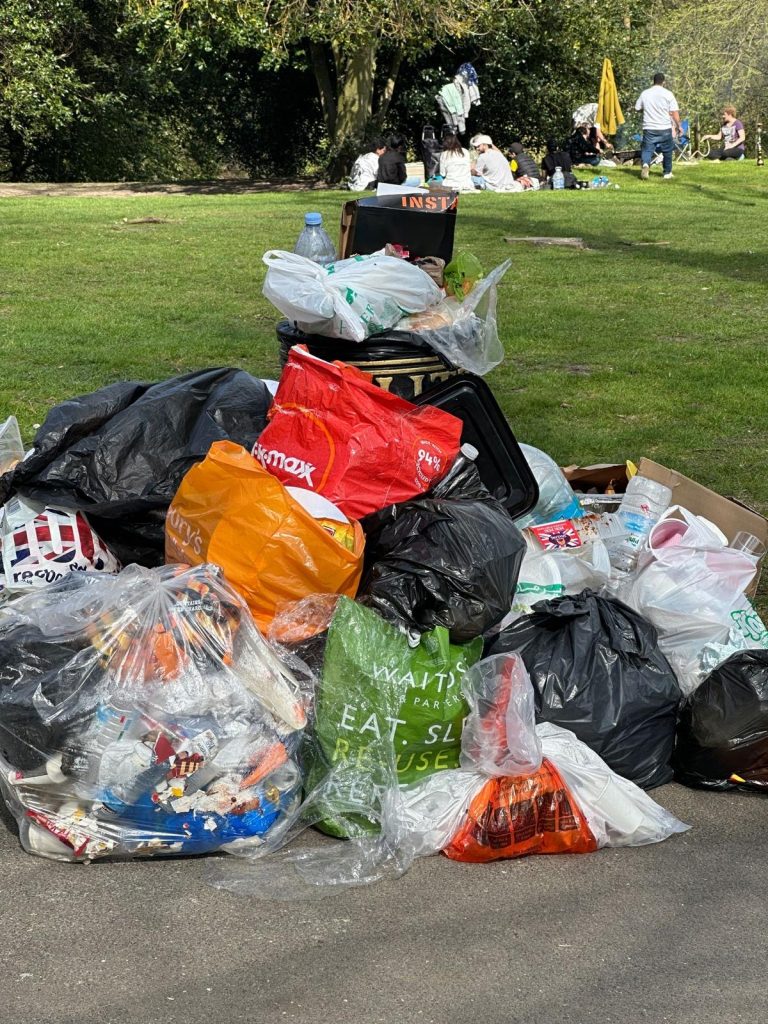
A Camden Council spokesperson told the North West Londoner: “Camden’s parks are vital spaces for our residents.
“Two out of five of our residents do not have access to a garden at their home and our parks offer beautiful spaces to relax, socialise and exercise.
“We want everyone to enjoy themselves and this means we will keep our policy of allowing barbecues in our parks under regular review.”
Featured image credit: Lucy Tauber.
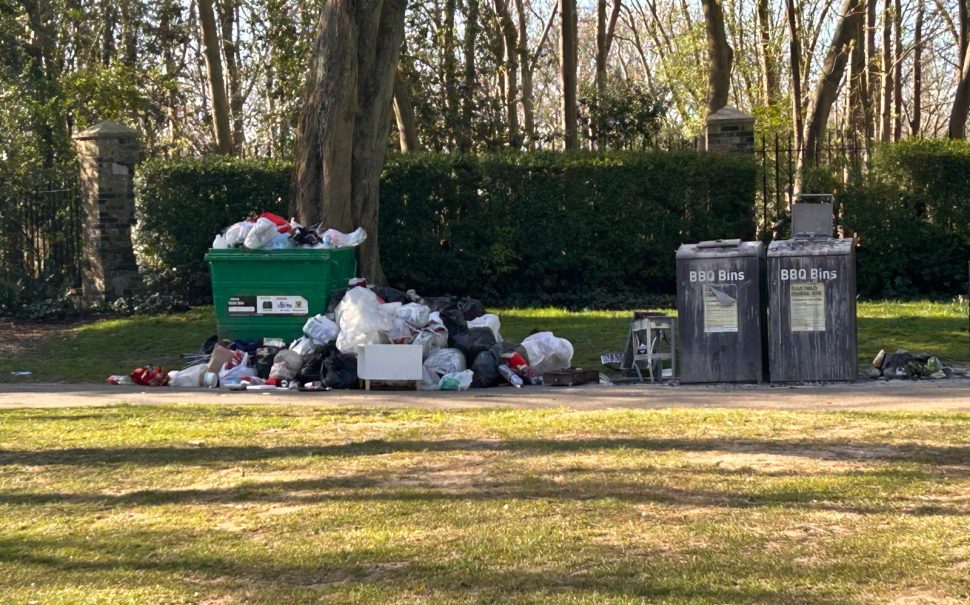
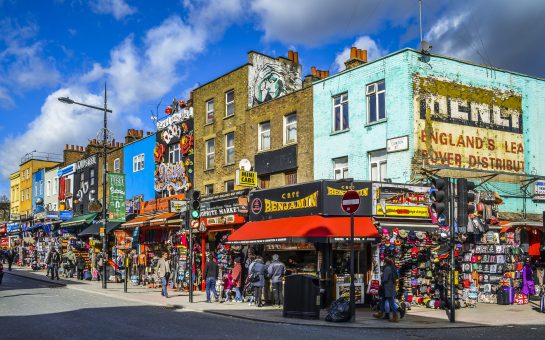
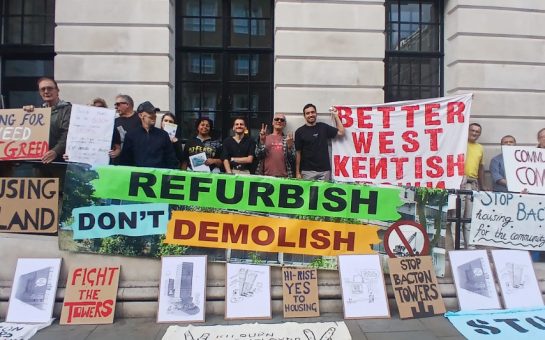
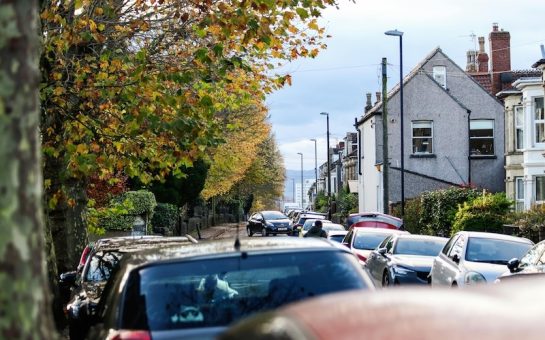
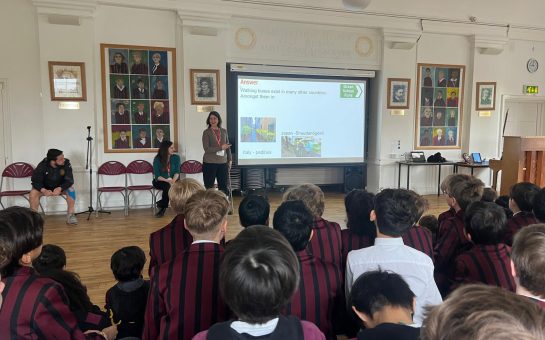
Join the discussion